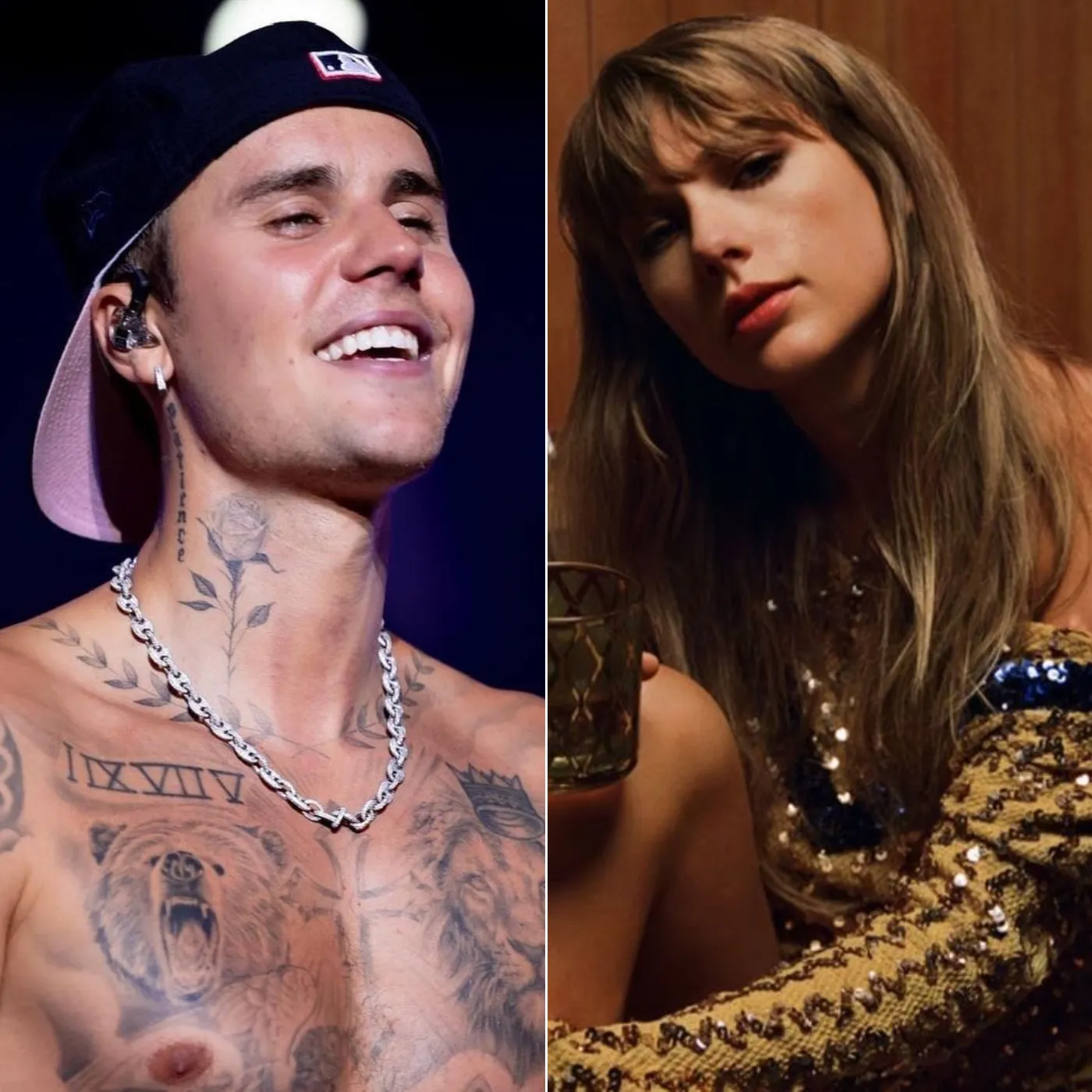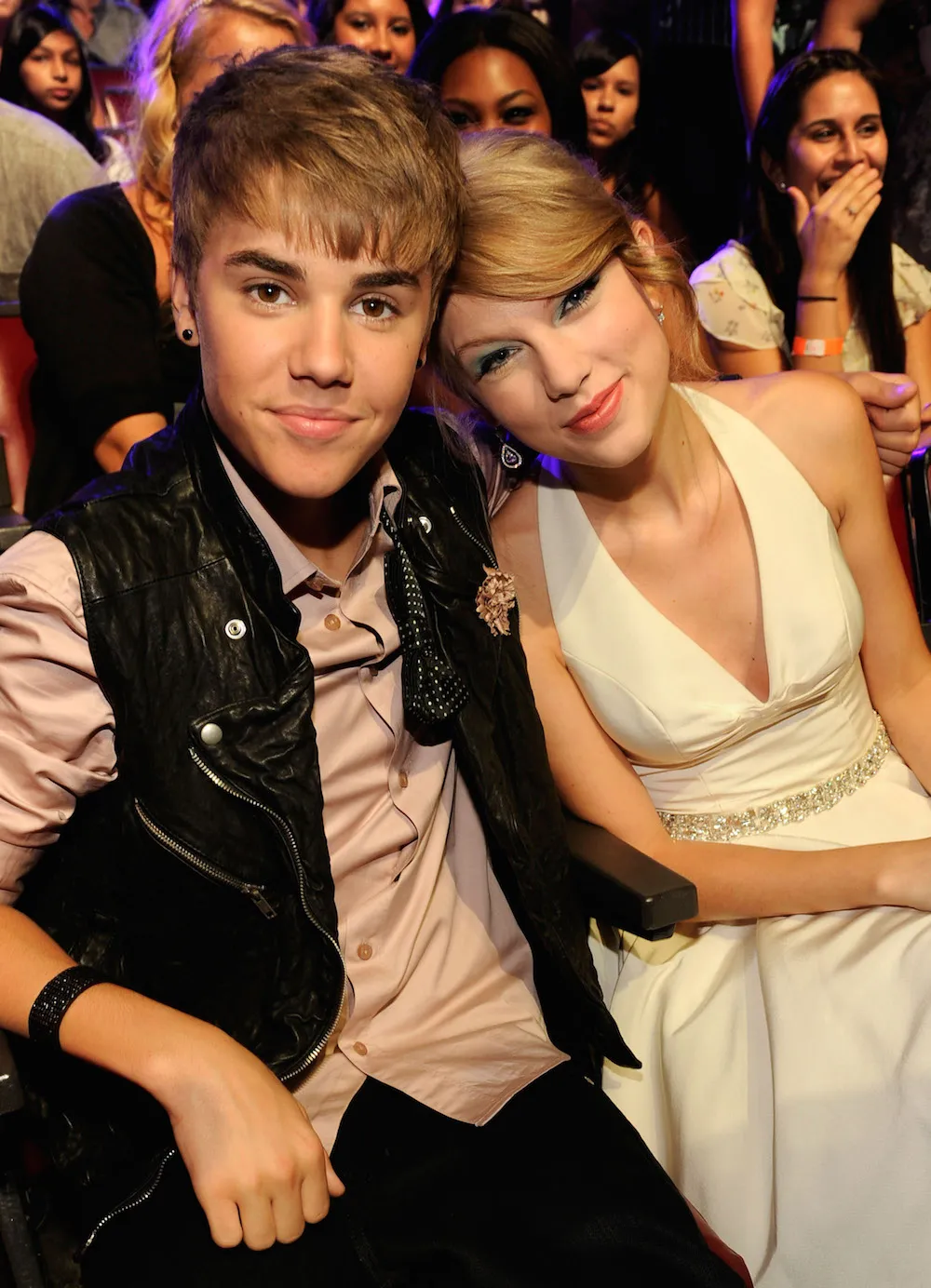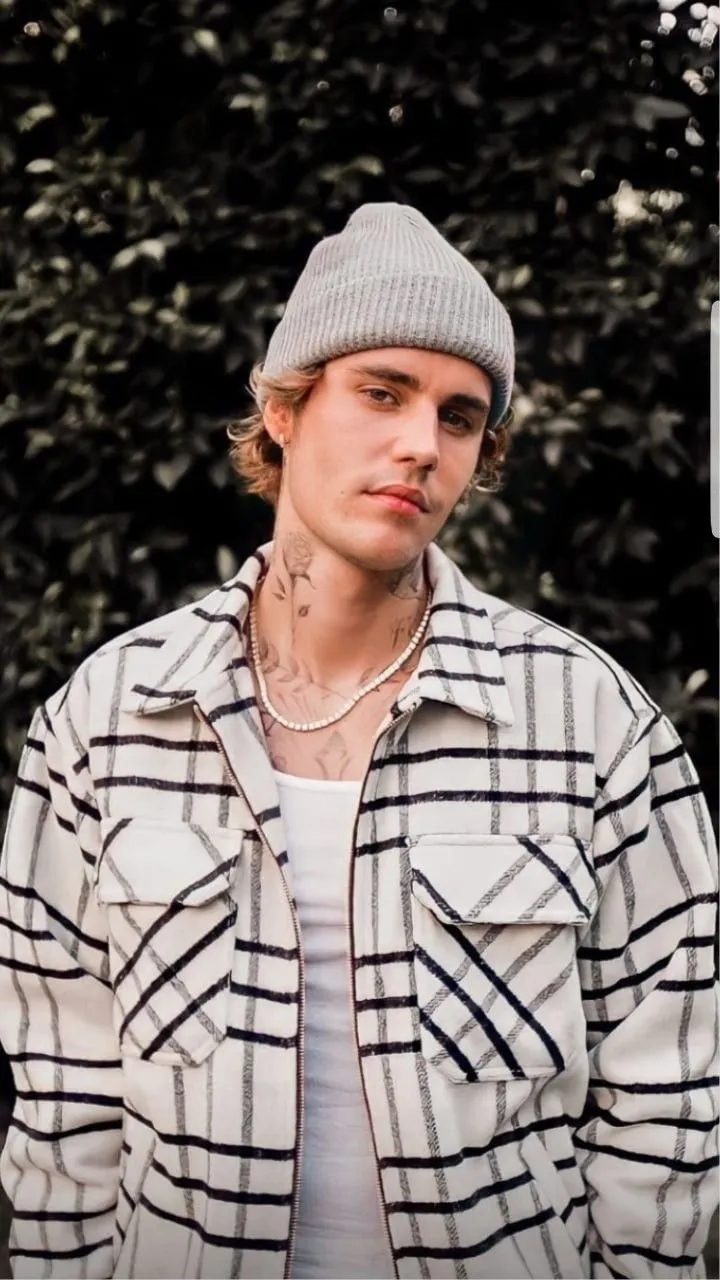

Copyright Drama: Is Taylor Swift Sending a Message to the World – and Is Justin Bieber Just a Victim?
Introduction: The Rising Storm of Music Copyright Drama
In the ever-glamorous world of pop music, feuds, copyright battles, and media speculation are as common as chart-topping singles. However, some controversies rise above the noise and resonate far beyond the fandoms. One such situation is the ongoing copyright drama that has pulled two of the biggest pop stars of our generation into its gravity: Taylor Swift and Justin Bieber.

The question on everyone’s mind is: Is Taylor Swift making a broader statement about ownership and power in the music industry, or is she simply acting in her own interest? And more importantly, is Justin Bieber really a villain here—or is he just collateral damage in a much larger battle?
Taylor Swift’s Battle for Music Ownership
To understand the current drama, one must first understand Taylor Swift’s long-standing war for her masters. In 2019, Swift publicly declared that her former record label, Big Machine Records, had sold her master recordings to Scooter Braun, a powerhouse manager who represents artists like Justin Bieber and Ariana Grande.
Swift claimed she had no knowledge of the sale and accused Braun of “incessant, manipulative bullying”, alleging that this move was an intentional attempt to exert power over her. The transaction sparked massive backlash, both in support of and against Swift, and ignited a broader conversation about artists’ rights, music ownership, and gender power dynamics in the music industry.
Since then, Taylor Swift has embarked on a high-profile campaign to re-record her first six albums, releasing what she calls “Taylor’s Version” of her past work. This move is unprecedented in its scope and success, and it sends a clear message: Swift refuses to let the industry control her legacy.
The Unexpected Target: Justin Bieber
So where does Justin Bieber fit into all this? The pop star has long been associated with Scooter Braun, who discovered him on YouTube and helped him rise to global fame. Because of this connection, Bieber has often been perceived as complicit in Braun’s dealings, even if unintentionally.
Back in 2019, after Swift’s public call-out of Braun, Bieber posted a now-infamous Instagram apology that both defended Braun and criticized Swift for airing her grievances online. The post was seen by Swifties as dismissive and condescending. Since then, tensions between the Swift and Bieber camps have simmered, but the recent developments suggest the fire is being reignited.
Now, as rumors circulate about Swift subtly blocking Bieber’s projects, refusing to collaborate, or even wielding her industry influence to isolate those associated with Braun, the question arises: Is Justin Bieber being punished for someone else’s sins?
The Alleged Retaliation: Is Taylor Playing Industry Politics?
Recent reports from music insiders claim that Swift may be flexing her power behind the scenes. From allegedly rejecting award show performances where Bieber is present, to refusing endorsement deals linked to Braun-backed artists, Swift appears to be orchestrating a quiet but deliberate campaign of distancing.
But it doesn’t stop there. One of the most talked-about rumors involves playlist gatekeeping. Some industry insiders speculate that Bieber’s newer tracks are mysteriously absent from major streaming playlists that Swift is featured on. In an industry where playlist inclusion can determine a song’s success, this kind of influence can be as effective as public protest.
If true, these actions raise several ethical questions:
-
Is Swift right to hold others accountable by association?
-
Should personal vendettas be allowed to affect public collaborations?
-
Is Justin Bieber simply an unfortunate casualty in a larger war between titans?
Fandom Warfare: Swifties vs. Beliebers
Beyond the music industry, this drama has spilled into the trenches of social media, where Swifties and Beliebers are engaging in full-blown warfare. On Twitter, TikTok, and Reddit, each fandom is dissecting every lyric, tweet, and interview for signs of subtle jabs or coded messages.
Swift’s fans argue that Bieber represents the patriarchy that has tried to silence and control her throughout her career. Meanwhile, Beliebers insist that Bieber has moved on, matured, and should not be continually punished for the actions of his former manager.
In this digital age, fandoms have become powerful voices in shaping public perception. This drama is not just playing out in boardrooms or music studios—it’s unfolding in real time on our screens, fueled by hashtags, edits, and conspiracies.
The Gendered Lens: Is This Also About Power Dynamics?
Many cultural critics have pointed out that Swift’s battle is about more than just money or masters. It’s about agency, respect, and reclaiming power in a male-dominated industry. For years, Swift has been labeled as “calculating,” “emotional,” or “vindictive” when standing up for herself—labels rarely thrown at male artists doing the same.
In this context, her actions toward Bieber are interpreted by some as symbolic. She’s not just distancing herself from one artist, but from a system of male control, in which Bieber, willingly or not, has played a role.
But critics argue that holding grudges and freezing out peers only reinforces the image of Swift as a diva with a grudge, rather than a visionary with a cause. It’s a complex and controversial tightrope to walk, and Swift, ever the strategist, knows how to walk it with grace—or with fury.
Justin Bieber’s Own Struggles: Not Just a Bystander
To be fair, Justin Bieber’s recent years have not been easy. From public breakdowns to mental health challenges, marriage pressures, and medical diagnoses, Bieber has been candid about his struggles. He has taken extended breaks, sought therapy, and attempted to rebuild his image as a mature, spiritual, and grounded artist.

This makes the idea of him being “targeted” by Swift or seen as an enemy of her cause all the more complicated. Is it fair to expect someone like Bieber to publicly denounce Braun, a man who may have served as a father figure during his formative years? Or is he stuck in a moral and professional trap, unable to act without burning bridges?
It’s worth considering that Bieber’s silence may not be agreement—but survival.
Reputation Wars: Taylor Swift and the Power of the Narrative
One of Taylor Swift’s greatest talents is her control of the narrative. From the snake imagery of the Reputation era to the feminist anthems of The Man, she has expertly crafted her public image through storytelling, symbolism, and media mastery.
Her decision to remain largely silent on Bieber in public, while allegedly taking action behind the scenes, fits this pattern. It allows her to maintain the moral high ground, letting her fans and media do the talking while she focuses on the art.
But is silence always golden? Some argue that by not addressing the Bieber situation directly, Swift is fostering an environment of ambiguity and speculation, which can be more harmful than a direct confrontation.
The Bigger Picture: What Does This Mean for the Industry?
At its core, this feud is about artistic control, industry loyalty, and public perception. It underscores the fact that artists are no longer just musicians—they are brands, CEOs, and political figures in the world of entertainment.
The Swift vs. Braun saga, with Bieber caught in the crossfire, is a reflection of how complicated the business of music has become. Streaming rights, image management, and social media strategy are now just as important as talent.
If anything, this drama highlights the growing need for transparency, ethical business practices, and—most importantly—mental health awareness in an industry that demands perfection and punishes vulnerability.


















